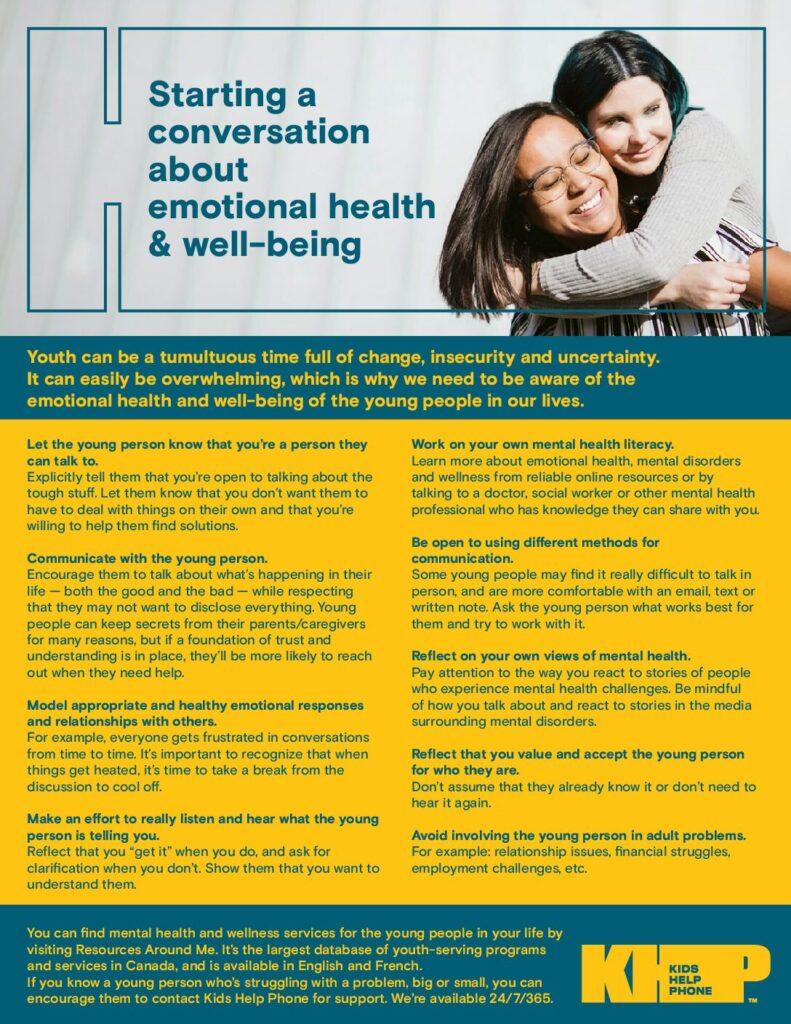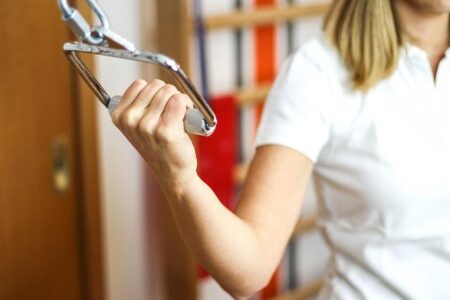European higher education institutions are increasingly focusing on supporting student-athletes as they balance academic commitments with demanding sports careers. A recent study published in Frontiers dives deep into the implementation of dual career programs across the continent, shedding light on the perspectives of both student-athletes and experts. The research highlights the challenges and successes in creating effective support systems that enable athletes to thrive in education and sport simultaneously, offering valuable insights into the evolving landscape of dual career initiatives in Europe.
Challenges Faced by Student-Athletes in Balancing Academics and Sports
Student-athletes often find themselves navigating a complex landscape where academic commitments and rigorous sports training demand equal attention. The struggle to maintain high performance in both arenas is compounded by time constraints, unpredictable schedules, and physical exhaustion. Many report difficulties in attending lectures or completing assignments due to travel for competitions, while others highlight the mental strain of switching between academic and athletic mindsets. Support systems within institutions frequently fall short, leaving athletes to juggle deadlines and practice sessions without adequate academic accommodations.
The pressure manifests in several key areas:
- Scheduling conflicts: Overlapping class times and training sessions create unavoidable clashes.
- Lack of tailored support: Insufficient academic counseling specialized for athletes’ needs.
- Physical and mental fatigue: Training regimens impacting concentration and study habits.
- Social isolation: Limited time for peer engagement, affecting emotional well-being.
| Challenge | Impact | Frequency (%) |
|---|---|---|
| Training-lecture clashes | Missed classes, reduced learning | 68% |
| Inadequate support services | Unaddressed academic struggles | 54% |
| Fatigue and burnout | Lowered academic & athletic output | 62% |
| Social disengagement | Emotional stress, isolation | 47% |
Expert Perspectives on Institutional Support for Dual Career Programs
Institutional leaders and experts consistently emphasize the critical role of comprehensive support systems to foster successful dual career pathways for student-athletes. According to recent findings, the effectiveness of these programs hinges on strategic collaboration between academic departments, athletic organizations, and external stakeholders. Experts advocate for tailored guidance services, encompassing not only educational flexibility but also mental health resources and career counseling designed specifically for the unique challenges faced by student-athletes.
Key recommendations from institutional experts include:
- Development of cross-sector partnerships enabling seamless transitions between sports and academic commitments.
- Implementation of clear policies addressing workload management and schedule adaptability.
- Provision of training for academic staff to enhance awareness and responsiveness to dual career needs.
- Securing dedicated funding streams to sustain and expand dual career initiatives.
| Support Aspect | Expert Emphasis |
|---|---|
| Academic Flexibility | High priority for accommodating training and competition schedules |
| Mental Health Support | Essential for coping with dual pressure demands |
| Career Planning | Critical for long-term athlete employability beyond sports |
| Institutional Collaboration | Fundamental for integrated support and resource sharing |
Innovative Strategies Enhancing Dual Career Implementation Across Europe
Across Europe, pioneering approaches are reshaping how dual career pathways are integrated within higher education institutions. Universities and sports organizations collaborate to devise flexible academic schedules, personalized support services, and innovative mentorship programs, ensuring student-athletes can excel both in their studies and sporting careers. Central to these efforts is the emphasis on holistic development, recognizing that athletic pursuits and academic achievements are mutually reinforcing rather than competing priorities. Digital tools and platforms also play a pivotal role, enabling real-time communication between coaches, academic advisors, and athletes to promptly address challenges and align goals.
Experts highlight several key strategies proving effective in various countries, including:
- Tailored tutoring services adapted to athletes’ travel and training demands
- Flexible examination policies that accommodate competition schedules
- Integrated career counseling that bridges sports and post-athletic professional paths
- Partnerships with regional sports federations to streamline support access
| Country | Notable Dual Career Initiative | Key Benefit |
|---|---|---|
| France | University-Sports Club Alliance | Customized training-study plans |
| Germany | Flexible Exam Scheduling Framework | Reduced academic stress during competitions |
| Italy | Mentorship Networks for Athletes | Enhanced career guidance |
Policy Recommendations to Strengthen Student-Athlete Success in Higher Education
To effectively enhance the dual career pathways for student-athletes within European higher education institutions, policymakers must prioritize flexible academic scheduling that accommodates training and competition demands. Institutions are encouraged to implement individualized study plans and provide access to online or hybrid learning platforms, granting student-athletes the agility to balance sports and academics without compromising either. Furthermore, establishing dedicated support offices staffed with career counselors familiar with the unique challenges faced by student-athletes will foster tailored guidance, helping them navigate both their sporting ambitions and educational goals.
- Flexible examination periods aligned with competition calendars
- Financial aid programs designed specifically for student-athletes
- Partnerships between universities and sports organizations promoting dual career initiatives
- Mental health and well-being services accessible on campus and remotely
| Policy Area | Recommended Action | Expected Impact | |||||||
|---|---|---|---|---|---|---|---|---|---|
| Academic Flexibility | Implement modular courses with flexible deadlines | Improved academic performance and retention | |||||||
| Dedicated Support Services | Create athlete-focused counseling and mentoring units | Enhanced career planning and motivation | |||||||
| Financial Assistance
To effectively enhance the dual career pathways for student-athletes within European higher education institutions, policymakers must prioritize flexible academic scheduling that accommodates training and competition demands. Institutions are encouraged to implement individualized study plans and provide access to online or hybrid learning platforms, granting student-athletes the agility to balance sports and academics without compromising either. Furthermore, establishing dedicated support offices staffed with career counselors familiar with the unique challenges faced by student-athletes will foster tailored guidance, helping them navigate both their sporting ambitions and educational goals.
|





